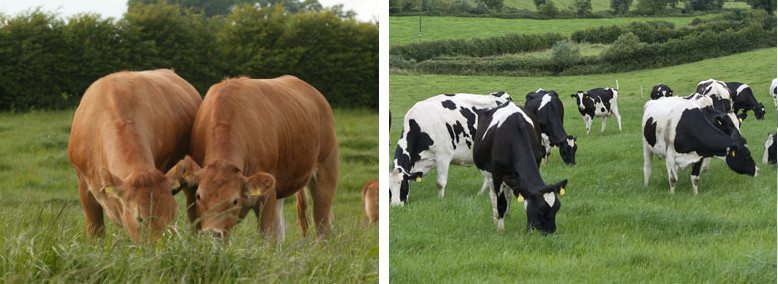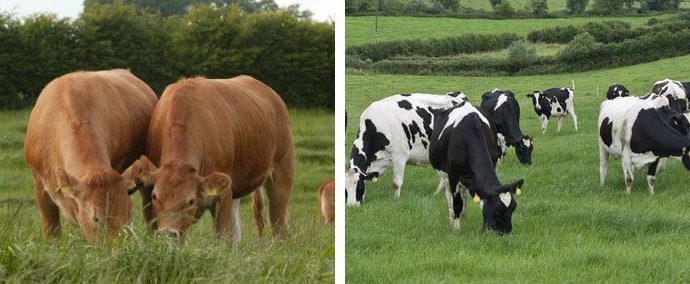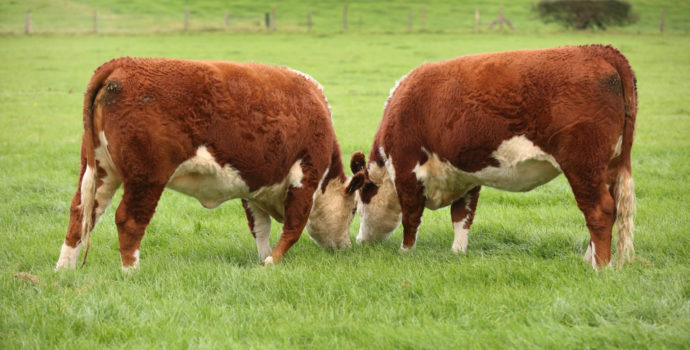New TB Programme Has to Have Sustainable Funding Model

Addressing the Joint Oireachtas Committee on Agriculture this evening, IFA President Tim Cullinan said the critical issue to be addressed in advance of agreeing a TB programme for the next 10 years is the development of a sustainable funding model.
In developing any programme or business plan, the first issue to be addressed is always finances and this is no different for the TB programme.
“It’s a fundamental requirement that this issue is resolved. It’s not feasible to seek to finalise a programme without sight of the resources that will be available to it,” he said.
The Financial Working Group is to receive the ‘Cost Benefit Analysis’ of the TB programme this week. This will form the basis of developing a sustainable funding model for the programme.
Currently, farmers and the State contribute to the TB programme while the broader agri sector and society accrue benefits without cost. The funding model must fairly distribute costs among beneficiaries. The TB Forum comprises a large number of stakeholders with an interest in the TB programme, yet only farmers and the Department are financial contributors.
The work of TB Forum Implementation group is critical to the successful development of the objectives in the TB strategy. This group consists of Department of Agriculture staff and farmer representatives and its function is to discuss and agree the most appropriate approach to implementing the objectives of the TB strategy.
This is the most important piece of the jigsaw in developing and rolling out the actions in the new TB strategy as this is where science and practical implementation will be aligned to minimise the impact on farmer livelihoods and the management of their farms.
“For far too long we have had a top-down approach from the Department of Agriculture in the TB programme with little or no regard for the impact of their controls on farm families or their livelihoods,” he said.
Key issue to be addressed in this group are the proposals for pre movement testing and the herd categorisation letters.
Pre movement testing has no scientific basis in the TB programme and will severely impede the normal marketing of animals. The ‘blacklisting’ of farmers by the Department in the herd categorisation letters is not acceptable. The associated herd categories must be removed from all TB correspondence with farmers.
The effective management and control of wildlife susceptible to TB is vital in eradicating the disease from the country. This must continue to be the key policy in the enhanced TB programme.
The existing Wildlife Control Programme must be appropriately resourced to ensure timely and effective captures take place surrounding all TB outbreaks, where wildlife is associated with the breakdown. The Department of Agriculture has set out plans to resurvey for setts in capture areas. Farmers will assist with this process.
The Wildlife Programme must be extended to proactively reduce densities of wildlife, including deer, in advance of major infrastructural works and deforestation commencing. This would protect cattle from TB outbreaks that have been all too common as a result of wildlife disturbance throughout the country.
A National Deer Management strategy must be developed and resourced to reduce deer density throughout the country to the levels that are sustainable within their natural habitat and at which they are not a disease threat to farm animals.
The Department must provide the supports and oversight to implement a deer population reduction programme surrounding TB outbreaks.



